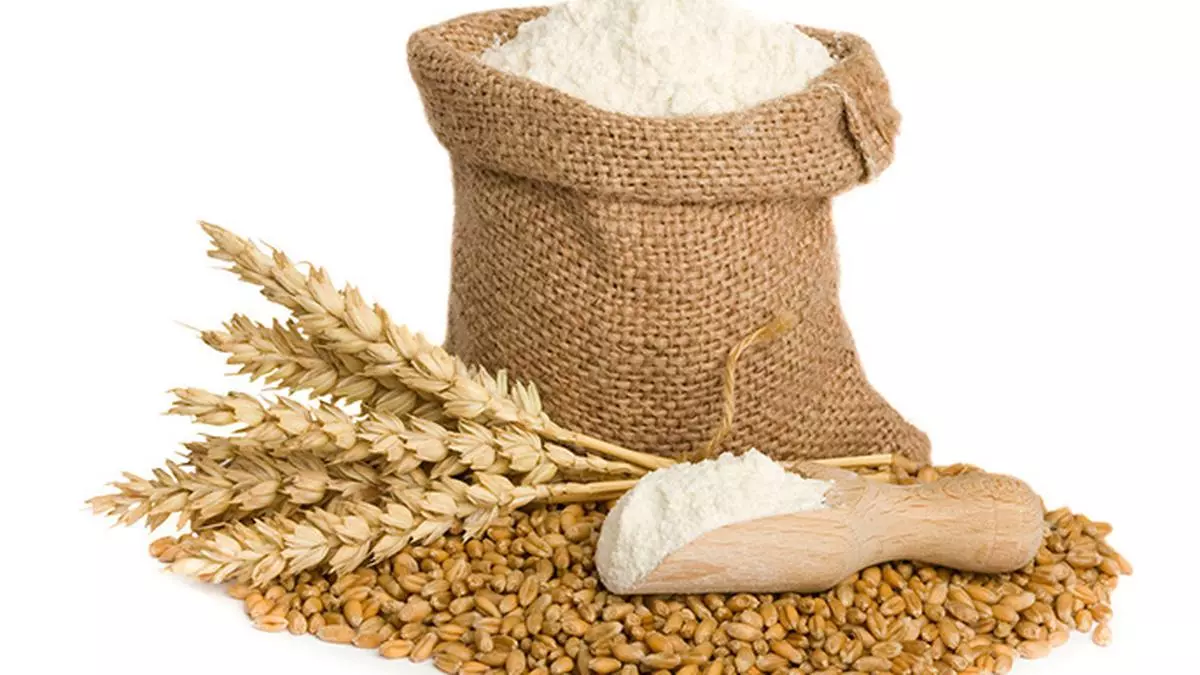WPPS highlights wheat’s role in India’s pursuit to achieve zero hunger
The Wheat Products Promotion Society (WPPS) emphasized the need to position wheat as a staple food crop to meet the future food needs of India.
WPPS, which recently organized a one-day seminar, focused on the role of wheat as a major food crop in India’s pursuit of Sustainable Development Goal (SDG)-2 of Zero Hunger by 2030.
A media release stated that to achieve the second goal of the sustainable development goals and ensure food security in the long term, the symposium put forward key recommendations for policy makers, industry stakeholders and research institutions.
The symposium recommended strong promotion of wheat in state-sponsored food programmes. By incorporating wheat into these initiatives, India can make significant progress towards achieving zero hunger by 2030 and ensuring food security for its population.
Prefer whole wheat flour
The Food Safety and Standards Authority of India (FSSAI) recommended that whole wheat flour consumption should be encouraged by the masses, as it provides greater nutritional benefits and should be preferred over refined flour.
The symposium suggested the use of bio-fortified wheat varieties or wheat flour – soybean/combined wheat flour to ensure adequate supply of micro and micronutrients. These approaches enhance delivery and bioavailability of essential nutrients, and address nutritional deficiencies in target populations.
In view of the growing ready-to-eat food market, the symposium suggested the need to develop specialized flour specifications. These specifications must meet emerging areas such as frozen dough, refrigerated and frozen ready-made goods, and other evolving sectors, to meet consumer demands and promote innovation in the wheat industry.
Meet consumer expectations
The symposium urged the milling industry to focus on consolidating mills to improve efficiency, quality control and competitiveness, and recommended that the industry ensure production of high-quality wheat flour that meets industry standards and consumer expectations.
Ajay Goyal, President of WPPS, said that promoting wheat and implementing innovative strategies are essential to achieving SDG 2 and meeting India’s future food needs. He said that by developing new varieties of wheat, improving the bioavailability of essential micronutrients, and promoting complementary foods based on wheat and legumes, India can improve the health and well-being of its target beneficiaries.
–
